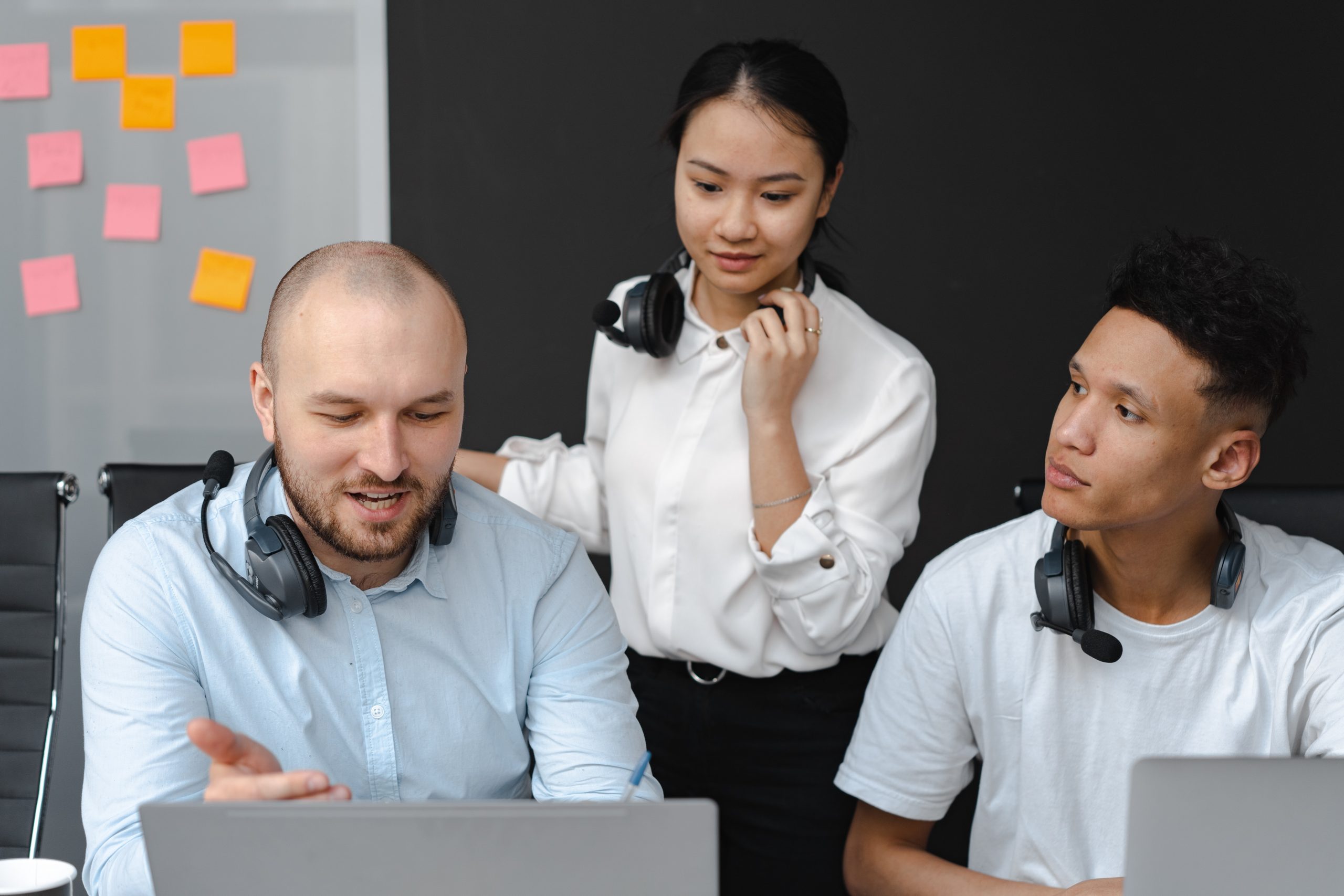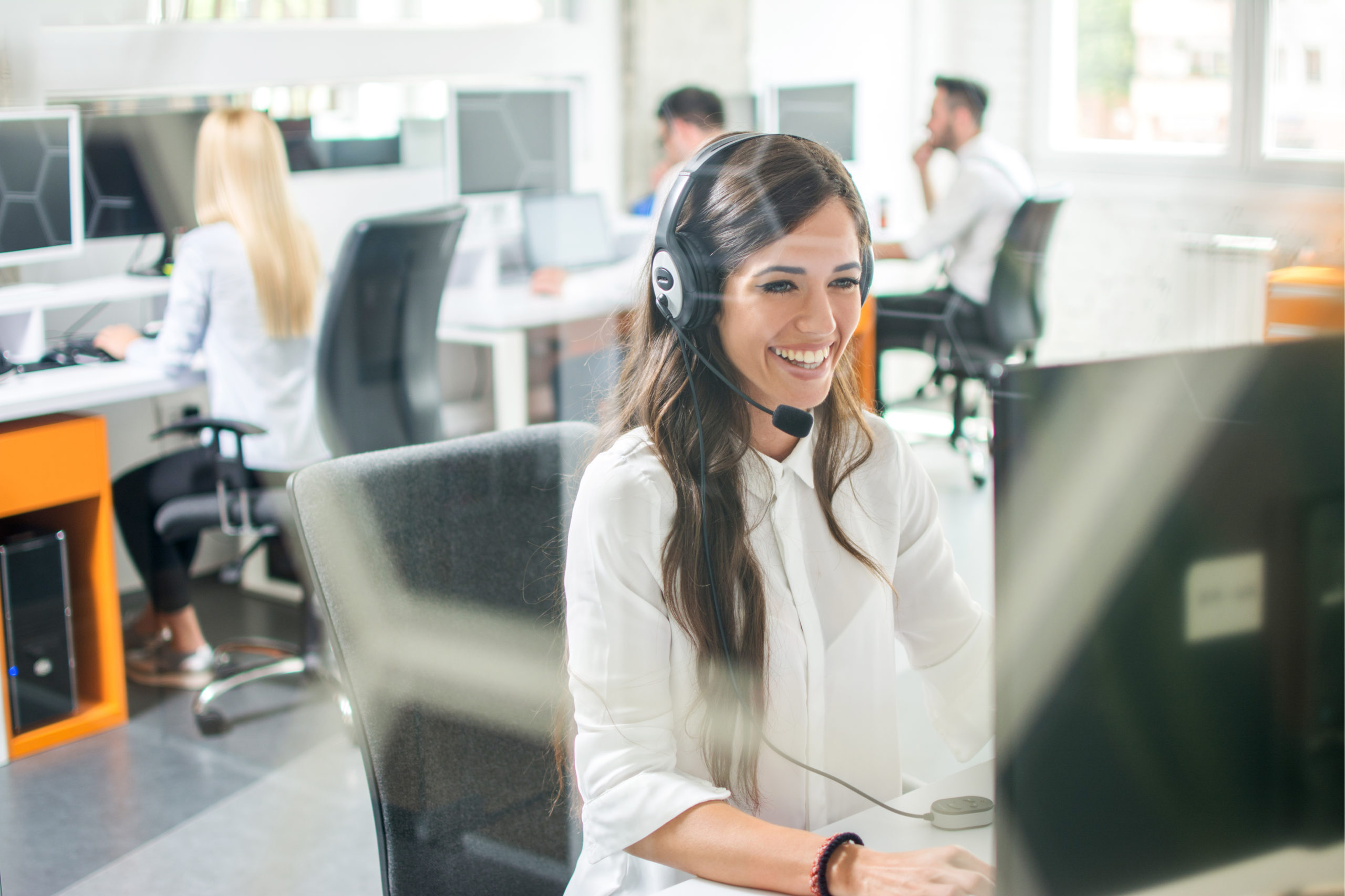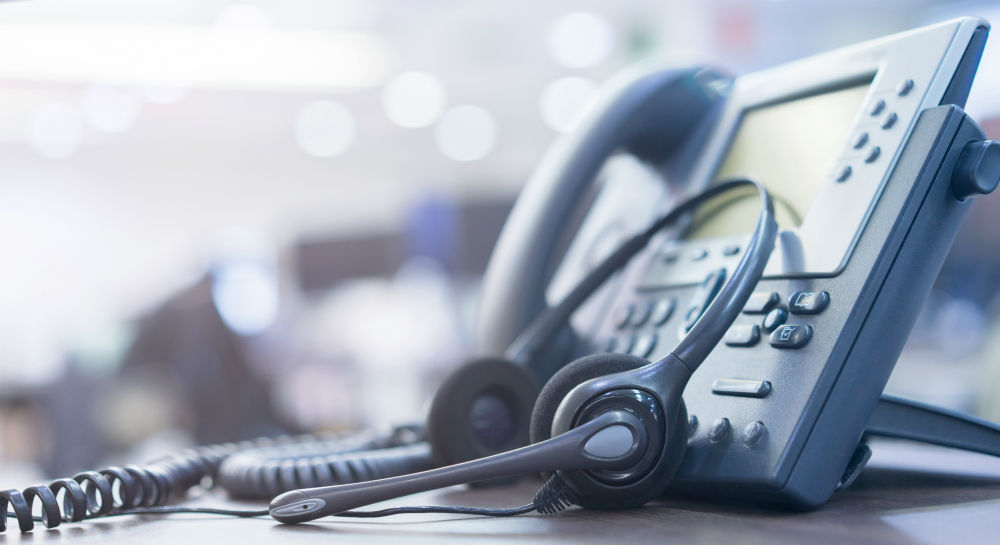All Categories
Featured
Table of Contents
- – Who Has The Best The Ultimate Guide To Telephon...
- – Who Is The Best 12 Best Telephone Answering Se...
- – Who Is The Best Benefits Of Answering Service ...
- – Who Is The Best Phone Answering Service - Int...
- – Best Virtual Assistant Call Answering Service...
- – Who Makes The Best What Is An Answering Serv...
Who Has The Best The Ultimate Guide To Telephone Answering Services Service?
This gadget and its followers were developed by Sava Jacobson, an electrical engineer with a private consulting service. While early voice mail used magnetic tape innovation, many modern equipment uses solid state memory storage; some gadgets utilize a combination of both, with a solid-state circuit for the outbound message and a cassette for the incoming messages.
"toll saving" listed below) (phone call answering). This is useful if the owner is evaluating calls and does not wish to talk to all callers. In any case after going, the calling celebration must be notified about the call having actually been responded to (in the majority of cases this starts the charging), either by some remark of the operator, or by some welcoming message of the little, or dealt with to non-human callers (e.
This holds specifically for the Littles with digitally saved greeting messages or for earlier machines (before the increase of microcassettes) with an unique unlimited loop tape, different from a second cassette, devoted to recording. There have actually been answer-only gadgets with no recording capabilities, where the greeting message needed to notify callers of a state of current unattainability, or e (business call answering service).
Who Is The Best 12 Best Telephone Answering Service For Businesses In ... Company

about schedule hours. In recording Little bits the welcoming usually consists of an invite to leave a message "after the beep". An answering machine that utilizes a microcassette to tape-record messages On a dual-cassette answerphone, there is an outbound cassette, which after the defined variety of rings plays a pre-recorded message to the caller.

Single-cassette answering makers include the outbound message at the beginning of the tape and incoming messages on the staying area. They first play the announcement, then fast-forward to the next readily available area for recording, then tape-record the caller's message. If there are numerous previous messages, fast-forwarding through them can trigger a significant hold-up.
This beep is frequently described in the welcoming message, asking for that the caller leave a message "after the beep". TADs with digital storage for the taped messages do disappoint this delay, naturally. A little may offer a remote control center, whereby the answerphone owner can call the home number and, by getting in a code on the remote telephone's keypad, can listen to tape-recorded messages, or erase them, even when far from home.
Who Is The Best Benefits Of Answering Service - Professional Services Manufacturer

Thus the maker increases the variety of rings after which it responds to the call (generally by 2, leading to 4 rings), if no unread messages are currently saved, however responses after the set variety of rings (usually 2) if there are unread messages. This allows the owner to learn whether there are messages waiting; if there are none, the owner can hang up the phone on the, e.
Some makers likewise enable themselves to be remotely activated, if they have been turned off, by calling and letting the phone ring a specific a great deal of times (usually 10-15). Some service suppliers abandon calls already after a smaller variety of rings, making remote activation impossible. In the early days of Littles a special transmitter for DTMF tones (dual-tone multi-frequency signalling) was regionally needed for push-button control, given that the previously employed pulse dialling is not apt to convey suitable signalling along an active connection, and the dual-tone multi-frequency signalling was executed step-by-step.
Any incoming call is not identifiable with respect to these homes in advance of going "off hook" by the terminal devices. So after going off hook the calls need to be switched to suitable gadgets and only the voice-type is immediately available to a human, however maybe, however ought to be routed to a LITTLE BIT (e.
Who Is The Best Phone Answering Service - Intelligent Office
What if I told you that you do not have to really pick up your device when answering a consumer call? Somebody else will. So hassle-free, right? Responding to phone calls does not require somebody to be on the other end of the line. Effective automated phone systems can do the technique simply as efficiently as a live representative and sometimes even much better.
An automated answering service or interactive voice response system is a phone system that interacts with callers without a live person on the line - virtual answering service. When business use this technology, customers can get the response to a question about your business simply by utilizing interactions set up on a pre-programmed call flow.
Although live operators upgrade the customer support experience, numerous calls do not require human interaction. An easy documented message or instructions on how a consumer can obtain a piece of information typically fixes a caller's immediate need - virtual answering service. Automated answering services are a basic and reliable method to direct incoming calls to the right person.
Best Virtual Assistant Call Answering Service Prices Near Me
Notification that when you call a company, either for support or product questions, the first thing you will hear is a pre-recorded voice welcoming and a series of options like press 1 for customer support, press 2 for queries, and so on. The pre-recorded choices branch out to other options depending upon the client's selection.
The phone tree system assists direct callers to the ideal person or department using the keypad on a cellphone. In some circumstances, callers can utilize their voices. It's worth keeping in mind that auto-attendant choices aren't restricted to the ten numbers on a phone's keypad. When the caller has actually chosen their first alternative, you can create a multi-level auto-attendant that uses sub-menus to direct the caller to the ideal kind of support.
The caller does not have to communicate with a person if the auto-attendant phone system can handle their issue. The automated service can route callers to a staff member if they reach a "dead end" and need support from a live agent. It is pricey to work with an operator or executive assistant.
Who Makes The Best What Is An Answering Service? 2023
Automated answering services, on the other hand, are significantly less costly and supply substantial cost savings at approximately $200-$420/month. Even if you do not have devoted personnel to manage call routing and management, an automatic answering service enhances performance by permitting your group to concentrate on their strengths so they can more efficiently invest their time on the phone.
A sales lead routed to customer support is a lost shot. If a customer who has product concerns reaches the wrong department or receives insufficient responses from well-meaning workers who are less trained to manage a specific type of question, it can be a cause of disappointment and dissatisfaction. An automatic answering system can decrease the number of misrouted calls, consequently assisting your staff members make much better usage of their phone time while maximizing time in their calendar for other tasks.
With Automated Answering Systems, you can develop a tailored experience for both your personnel and your callers. Make a recording of your primary greeting, and merely upgrade it routinely to reflect what is going on in your company. You can develop as many departments or menu options as you want.
Table of Contents
- – Who Has The Best The Ultimate Guide To Telephon...
- – Who Is The Best 12 Best Telephone Answering Se...
- – Who Is The Best Benefits Of Answering Service ...
- – Who Is The Best Phone Answering Service - Int...
- – Best Virtual Assistant Call Answering Service...
- – Who Makes The Best What Is An Answering Serv...
Latest Posts
Expert Automated Answering Service Near Me
Best Virtual Reception Solutions – TAS 7310
Automated Answering Service ( Wagga Wagga)
More
Latest Posts
Expert Automated Answering Service Near Me
Best Virtual Reception Solutions – TAS 7310
Automated Answering Service ( Wagga Wagga)